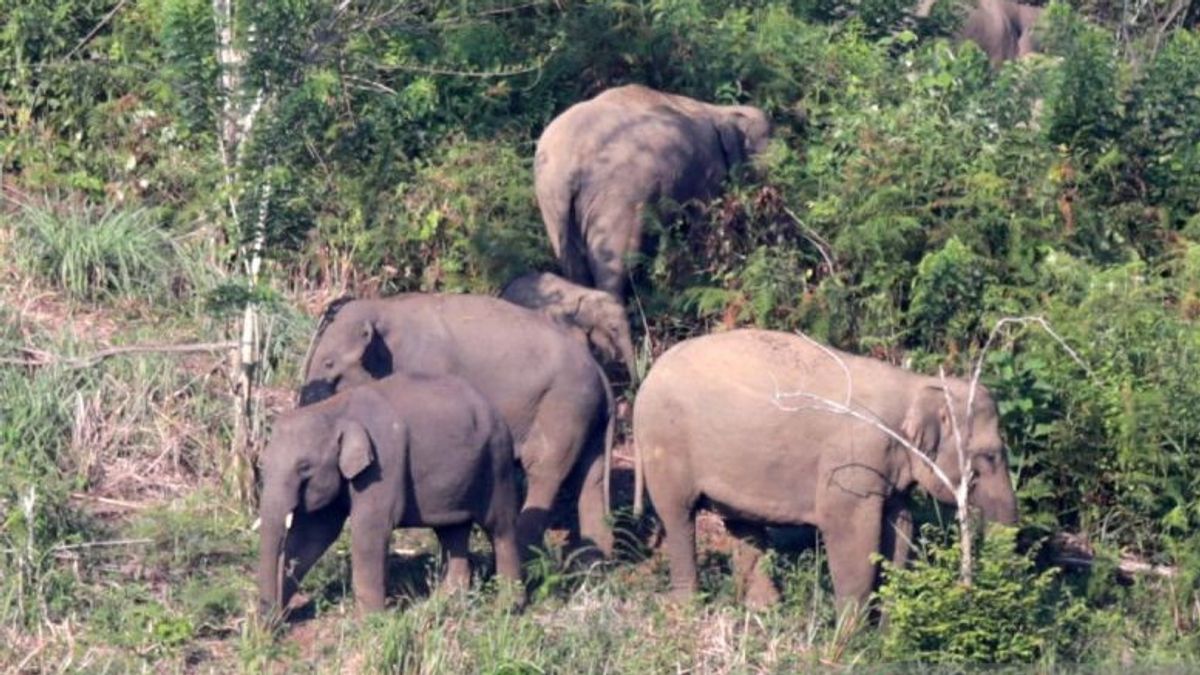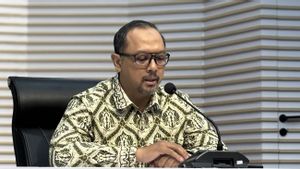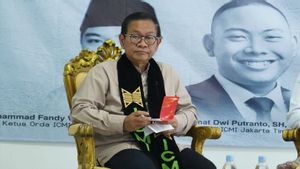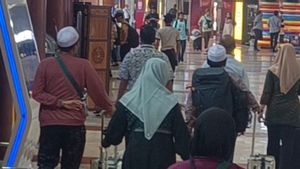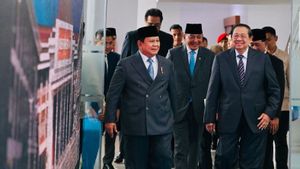JAKARTA - The Lampung Provincial Government (Pemprov) continues to increase efforts to reduce and prevent cases of conflict between wildlife and humans in Lampung.
"The wildlife conflict with humans in Lampung Province during the period 2021-2025 was recorded at 1,658 cases, of which nine cases resulted in the death of the victim and 14 injuries," said Head of the Lampung Provincial Forestry Service Yanyan Ruchyansyah in a statement in Bandarlampung, Friday, April 18, which was confiscated by Antara.
He said the local government had made efforts to deal with the conflict, namely by forming a team of task forces to deal with the Lampung Province-level conflict.
"Then, provide assistance to the community, provide logistical assistance to the community and the task force team," he said.
He admitted that patrols had been carried out mitigating wildlife conflicts and monitoring the movement of elephants visually as well as blocking, escorting and blocking with the task force team to deal with conflicts between animals and humans.
"There is a conflict between wildlife and humans due to overlapping the use of space between humans and wildlife, which occurs in conservation areas or protected forests. Thus, the movement of wildlife results in conflicts that cause casualties, material and psychological damage," he added.
According to him, based on data in 2021, the economic impact of human-animal conflicts reached Rp547,082 million.
"There are also several causes of conflict, including habitat fragmentation, reduced corridors, degradation of habitat quality, space and land needs, perceptions of the community and related parties, and ongoing poaching," he said.
Efforts to deal with wildlife conflicts with humans were also carried out by Way Kambas National Park (TNWK).
SEE ALSO:
Head of the TNWK MHD Zaidi said that various efforts had been made to mitigate the Sumatran elephant conflict with humans.
"The effort was carried out by identifying a group of wild elephants in Way Kambas National Park as well as installing GPS collars to monitor the movement of elephant groups starting in 2020 in five groups and one individual wild elephant solitary in Way Kambas National Park," said Zaidi.
Then, the formation of a community of forest police partners (MMP) Gajah in 2006 to help prevent elephant conflicts with the community. Furthermore, community assistance with partners to villages that have a high potential for negative interaction with elephants, the formation of the Elephant Response Unit (ERU) in 2016.
In addition, the construction of embankments and canals around the boundaries of the Way Kambas National Park area in the southern region and parts north since 1990, the formation of an integrated team for handling the impact of interaction with the residents of the buffer village in East Lampung Regency through the Decree of the East Lampung Regent in 2022.
"In addition, the preparation of roadmaps and action plans for handling the impact of elephant interactions with the residents of the buffer village of Way Kambas National Park," he said.
The English, Chinese, Japanese, Arabic, and French versions are automatically generated by the AI. So there may still be inaccuracies in translating, please always see Indonesian as our main language. (system supported by DigitalSiber.id)
